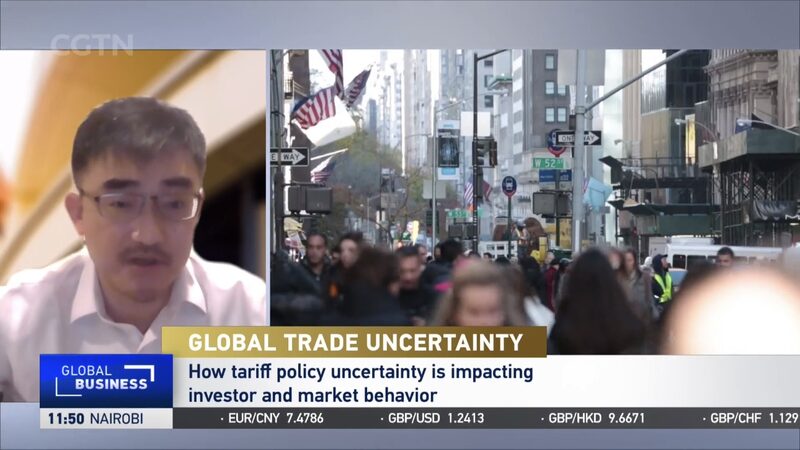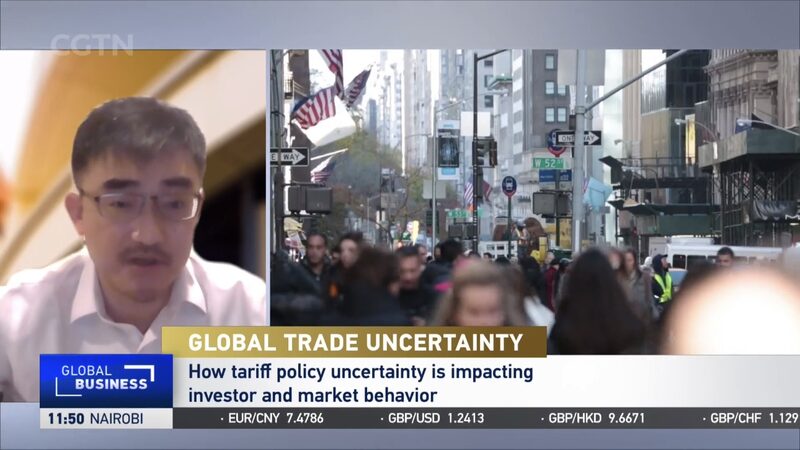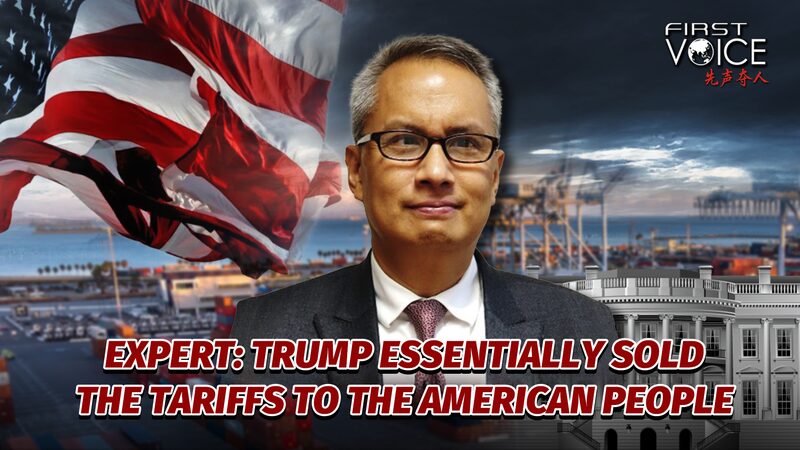The United States has implemented tariffs on Canada, Mexico, and the Chinese mainland, signaling a strategic shift in its trade policy. These measures aim to reduce Washington's trade deficit with these nations and increase fiscal revenue.
By imposing these tariffs, the US also seeks to use them as leverage in future trade negotiations, positioning them as bargaining chips to achieve more favorable terms. However, this aggressive approach carries significant risks.
In the long run, the imposition of tariffs can create tensions in the global market and disrupt established supply chains. As economies become increasingly interconnected, actions taken by one major player can have far-reaching consequences across various industries and regions.
Experts warn that such measures could set off a 'time bomb' in international trade relations, where retaliation and countermeasures may escalate the situation further. Ultimately, trade wars tend to result in losses for all parties involved, with no clear winners emerging from the conflict.
Reference(s):
cgtn.com




